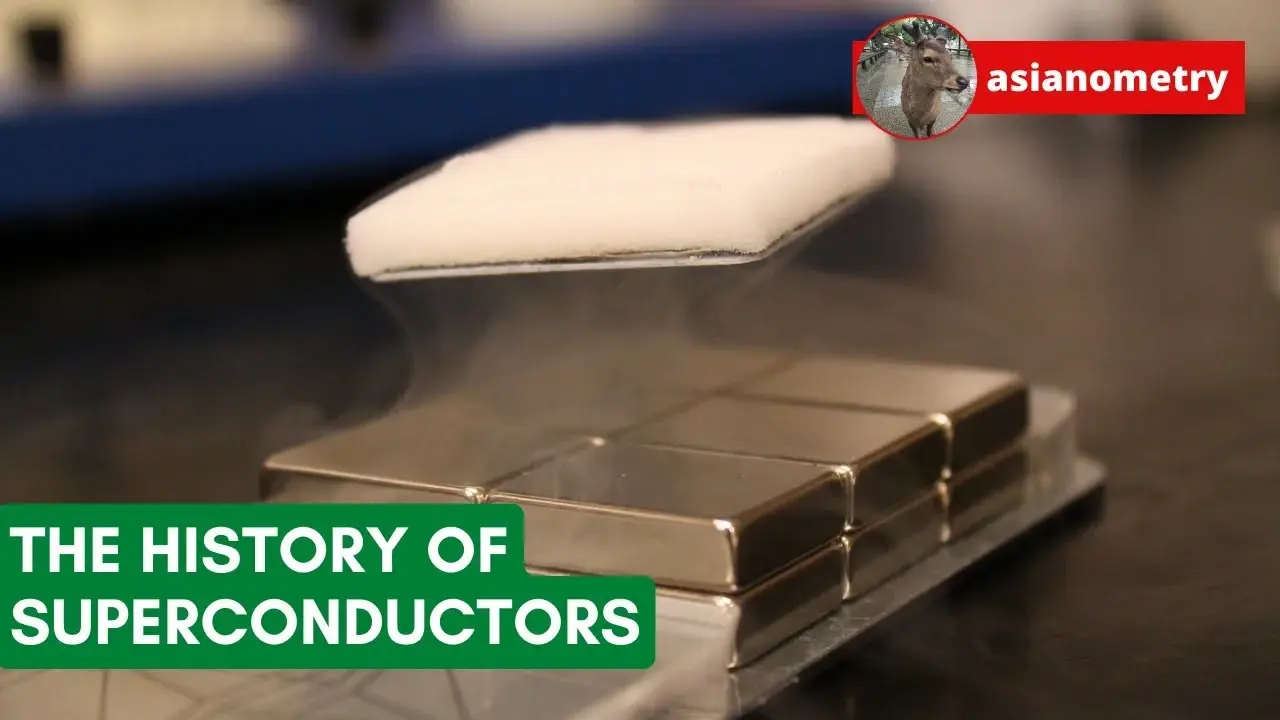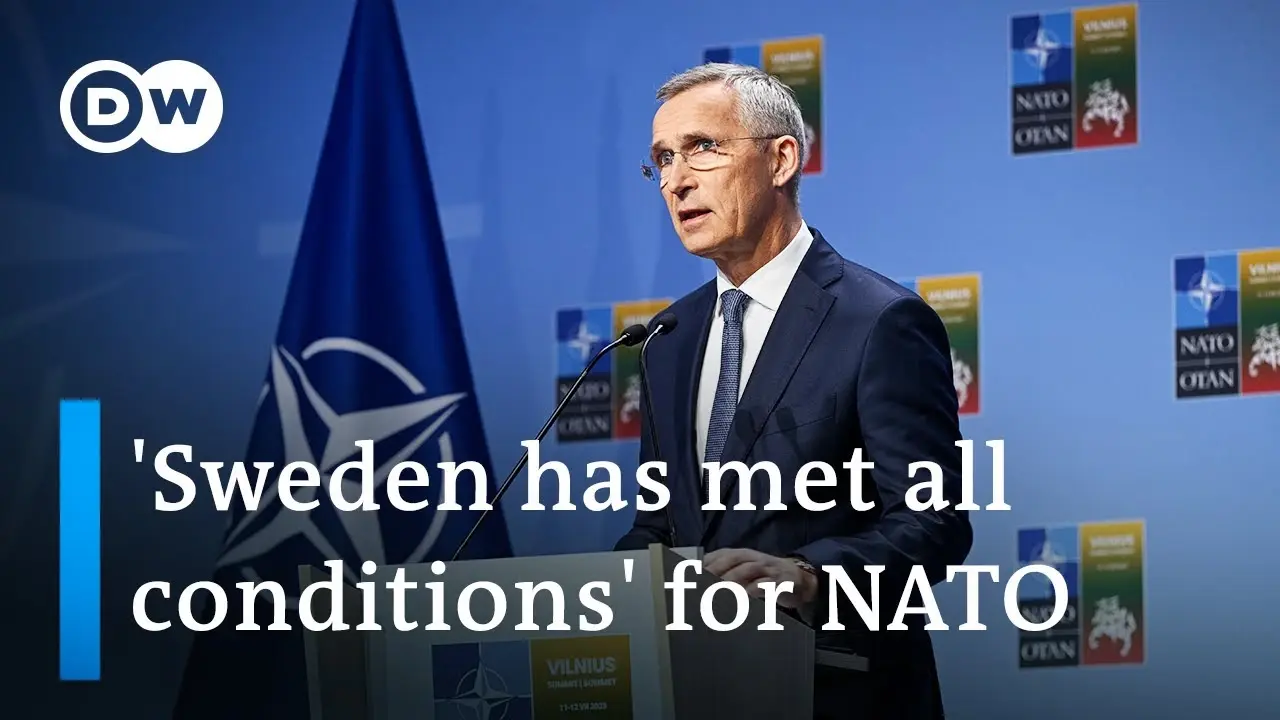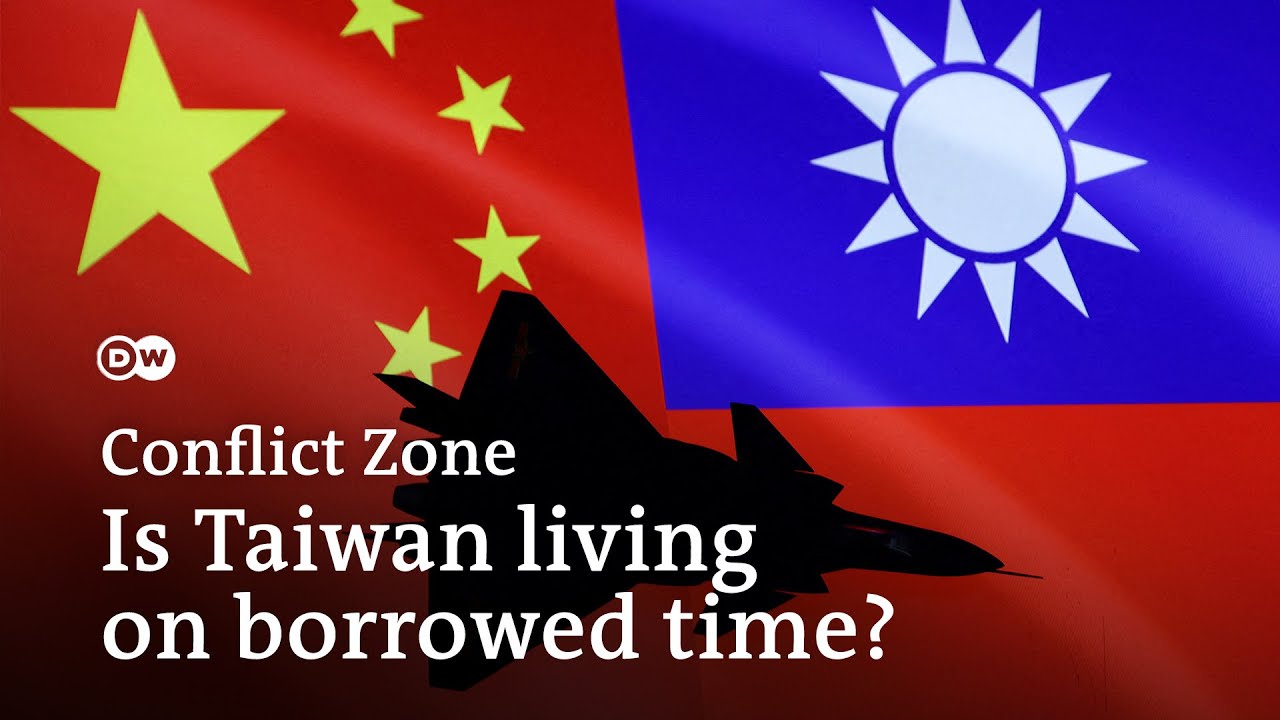

In reality, Germany became entirely dependent on Russian gas, oil and coal.
For all that talk of dependency preciously little happened when Russia closed the valves. There’s press reports about BASF going into gas saving mode but that’s a bit misleading – actual gas saving mode would be to change their processes on a fundamental level (they have plans and infrastructure for that), what they did do is to use the flexibility in their standard processes to not rely on gas as precursor where there’s more readily available options – as they’ve been doing for literal decades, depending on market prices they’re using more of this, or more of that. They pulled a lever over to one side, they didn’t build a whole new set of levers to pull.
Germany ended up having more gas reserves at the end of the winter than usual because people were quite mindful when heating their homes, mindful as in “it doesn’t need to be t-shirt temperature in here, 20C suffices”, not as in “let’s heat our homes like English pensioners”. Gas prices actually sunk, presumably due to lower demand companies invested in things like waste heat recycling.
The whole concept of Wandel durch Handel relied on the assumption that economical entanglement makes war ruinous, and thus states are heavily disincentivised to be belligerent. You can now interpret that in two ways: a) It didn’t stop Russia, therefore, it failed or b) it succeeded in ruining Russia’s economy because all their what ball bearing companies went belly-up during entanglement, German ball bearings being cheaper (not necessarily unit price, you also have to take lifetime, service costs etc. into account) and now they have severe shortages (that’s simplifying quite a bit but that’s the net effect).
In the end there’s only one thing to take away: Policy can’t influence non-rational actors. All you can ensure is that if an actor becomes irrational they’re shooting themselves in the foot.











Exactly what we’re doing. Also Namibia, besides having (as Canada) excellent conditions for renewable energy, being (as Canada) a proper democracy, they’re also an ex-colony so we’re using the opportunity to help bootstrap their local energy infrastructure to industrialised levels (it’s currently hit and miss), also, they’ll have absolute energy independence. Also stuff like Africa’s first hydrogen-based steel furnance. Which would make Namibia a more developed economy than Australia who somehow are still exporting raw ore.